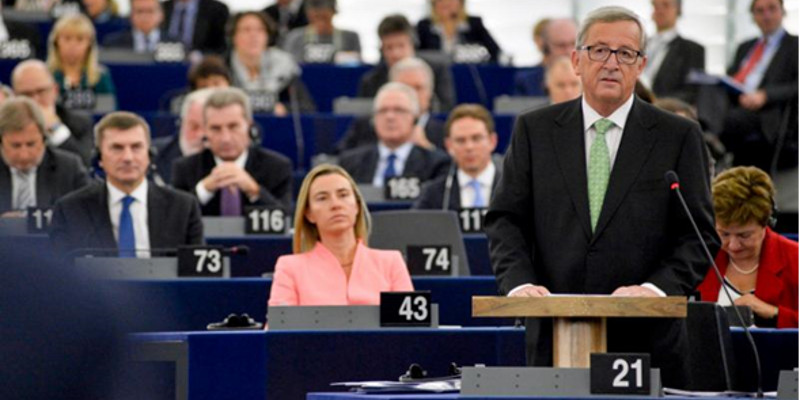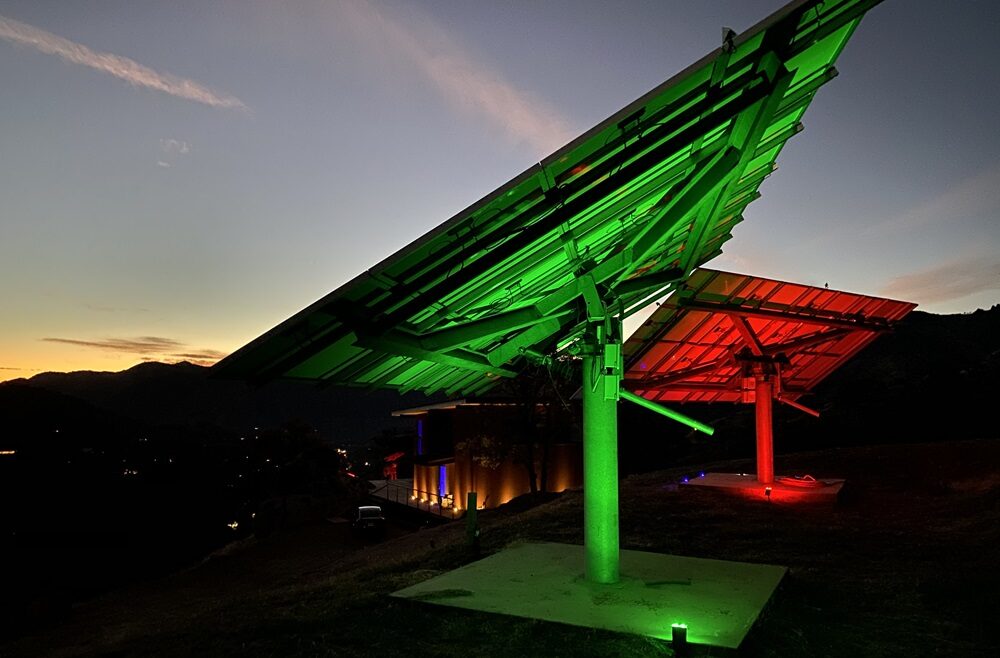In the letter, more than 250 EU bodies urge Commission President Mr Juncker to terminate anti-dumping (AD) and anti-subsidy (AS) measures applied to PV manufacturers in China, Taiwan and Malaysia immediately, or at least before September 3, when they are due to expire. Mr Juncker promised in February 2017 the measures – including a minimum import price for Chinese crystalline PV products – would be cancelled at some point.
The AD measures have been in force for around five years. Signatories to the letter to Mr Juncker say the measures are damaging the European PV sector and are at odds with the objectives of the Commission, formulated in its Winter Package. “Irrespective of any request to extend the measures, the Commission must take the responsibility to stand firm and deliver on [its] promise. The measures are costing European manufacturing jobs and installation jobs, and stifling consumer demand for solar in Europe,” said Christian Westermeier, President of lobby group SolarPower Europe.
A study published last year estimated an end to the trade restrictions would bring an upturn of 20 to 30% for the PV roof systems market in most EU member states. “The Commission must heed the findings of the study its own DG [Directorate-General for] Justice and Consumers produced, which urges the removal of the measures as they stifle demand for household solar by up to 30% in EU member states,” said James Watson, CEO of SolarPower Europe.
The letter to Mr Juncker claims that the termination of trade measures would see the number of clean energy jobs in Europe increase by 50%. SolarPower Europe also claims European module and cell production has declined, showing the measures are not attracting investment in new domestic manufacturing capacity. “The EU Commission must create a holistic policy that supports the entire photovoltaic value chain, not just measures for individual areas from which no one benefits,” the letter states.
In the spring of 2017, the EU Commission decided to extend the agreement on minimum import prices and import tariffs for crystalline PV modules and cells from China for 18 months. Since the autumn, a new regulation has lowered the minimum import price on a quarterly basis with the current level €0.32 ($0.37) per watt for multi-crystalline solar modules and €0.37 per watt for monocrystalline solar modules. From 1 July, the minimum prices will fall by a further by two cents per watt.
U.K. trade body the Solar Trade Association told pv magazine this week it is backing the removal of the minimum import price.
This content is protected by copyright and may not be reused. If you want to cooperate with us and would like to reuse some of our content, please contact: editors@pv-magazine.com.




By submitting this form you agree to pv magazine using your data for the purposes of publishing your comment.
Your personal data will only be disclosed or otherwise transmitted to third parties for the purposes of spam filtering or if this is necessary for technical maintenance of the website. Any other transfer to third parties will not take place unless this is justified on the basis of applicable data protection regulations or if pv magazine is legally obliged to do so.
You may revoke this consent at any time with effect for the future, in which case your personal data will be deleted immediately. Otherwise, your data will be deleted if pv magazine has processed your request or the purpose of data storage is fulfilled.
Further information on data privacy can be found in our Data Protection Policy.